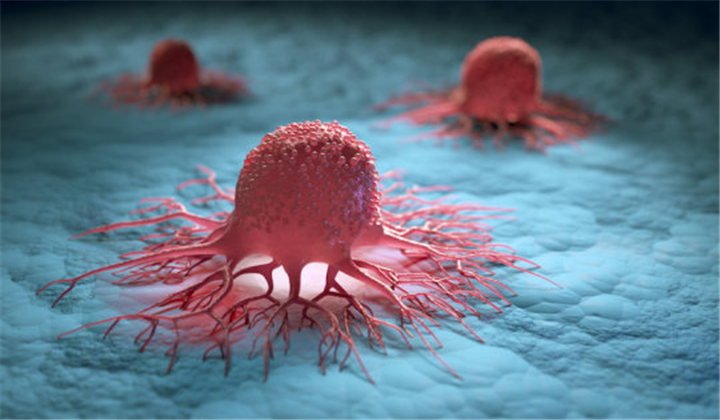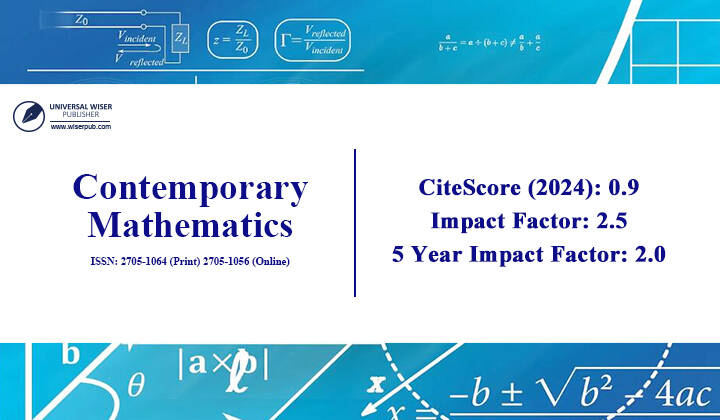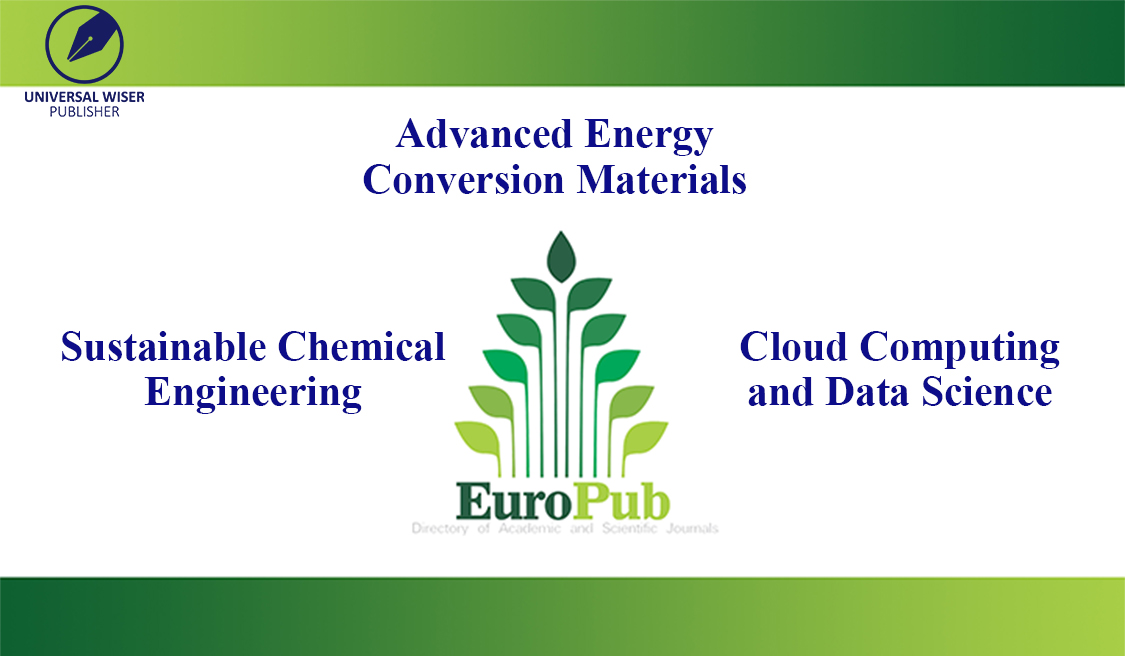


Study within Pan-Cancer Project will help research into cancer prevention, diagnosis and treatments
Causes of cancer are being catalogued by a huge international study revealing the genetic fingerprints of DNA-damaging processes that drive cancer development. Researchers from the Wellcome Sanger Institute, Duke-NUS Medical School Singapore, University of California San Diego School of Medicine, the Broad Institute of MIT and Harvard and their collaborators around the world have achieved the most detailed list of these genetic fingerprints to date, providing clues as to how each cancer developed.
These fingerprints will allow scientists to search for previously unknown chemicals, biological pathways and environmental agents responsible for causing cancer.
The research, published in Nature today (5th February) as part of a global Pan-Cancer Project, will help understand the causes of cancer, informing prevention strategies, and help signpost new directions for cancer diagnosis and treatments.
Also published today in Nature and related journals, are 22 further studies from the Pan-Cancer Project. The collaboration involving more than 1,300 scientists and clinicians from 37 countries, analysed more than 2,600 genomes of 38 different tumour types. The project represents an unprecedented international exploration of cancer genomes, which significantly improves our fundamental understanding of cancer and zeros-in on mechanisms of cancer development.
In the UK, someone is diagnosed with cancer every two minutes, with 363,000 new cancer cases every year. The disease causes around 165,000 deaths in the UK annually.
Cancer is caused by genetic changes -- mutations -- in the DNA of a cell, allowing the cell to divide uncontrollably. Many known causes of cancer, such as UV light and tobacco smoking, leave a specific fingerprint of damage in the DNA, known as a mutational signature. These fingerprints can help understand how cancers develop, and potentially, how they can be prevented. However, past studies have not been large enough to identify all potential mutational signatures.
The fingerprint study identified new mutational signatures that had not been seen before, from single letter 'typo' mutations, to slightly larger insertions and deletions of genetic code. The result is the largest database of reference mutational signatures ever. Only about half of all the mutational signatures have known causes, however this resource can now be used to help find more of these causes and better understand cancer development.
Professor Steven Rozen, a senior author from Duke-NUS Medical School, Singapore, said: "Some types of these DNA fingerprints, or mutational signatures, reflect how the cancer could respond to drugs. Further research into this could help to diagnose some cancers and what drugs they might respond to."
Professor Gad Getz, a senior author from the Broad Institute of MIT and Harvard, and Massachusetts General Hospital, said, "The availability of a large number of whole genomes enabled us to apply more advanced analytical methods to discover and refine mutational signatures and expand our study into additional types of mutations. Our new collection of signatures provides a more complete picture of biological and chemical processes that damage or repair DNA and will enable researchers to decipher the mutational processes that affect the genomes of newly sequenced cancers."
Another study in the Pan-Cancer Project, published in Naturetoday, discovered that larger, more complex genetic changes that rearrange the DNA could also act as mutational signatures, and point towards causes of cancer. Researchers from the Wellcome Sanger Institute and the Broad Institute of MIT and Harvard and their collaborators found 16 of these signatures that spanned from rearrangements of single genes to entire chromosomes.
The global Pan-Cancer Project is the largest and most comprehensive study of whole cancer genomes yet. The collaboration has created a huge resource of primary cancer genomes, available to researchers worldwide to advance cancer research.
Source:
https://www.sciencedaily.com/releases/2020/02/200205132330.htm

Scheduled Server Maintenance and System Downtime Notice Dec 16, 2025

Celebrating CM Editorial Board Members Recognized in the Wor... Oct 10, 2025

Food Science and Engineering Now Indexed in CAS Database Aug 20, 2025

Contemporary Mathematics Achieves Significant Milestone in 2... Jun 19, 2025

Three Journals under Universal Wiser Publisher are Newly Ind... Apr 21, 2025